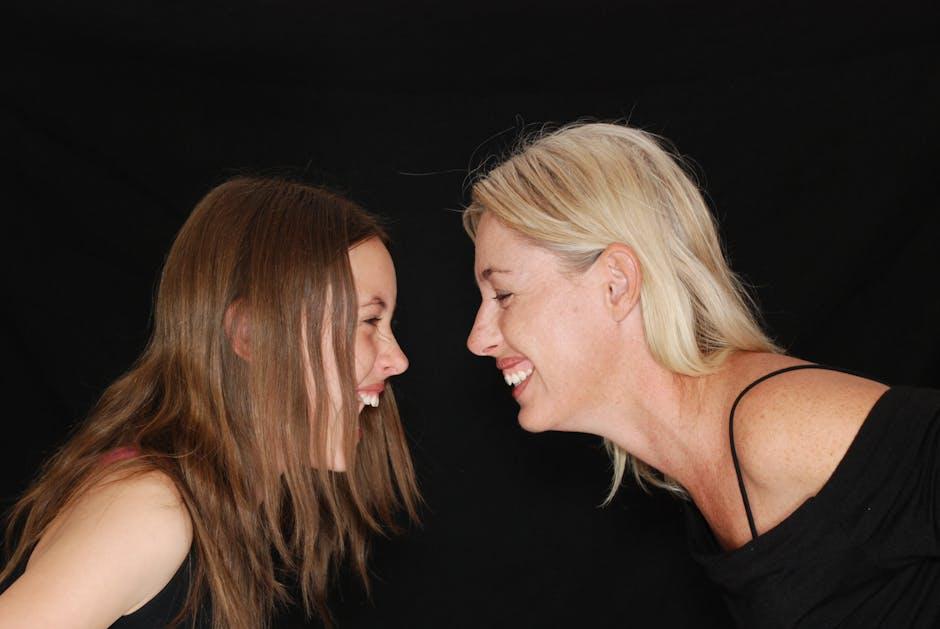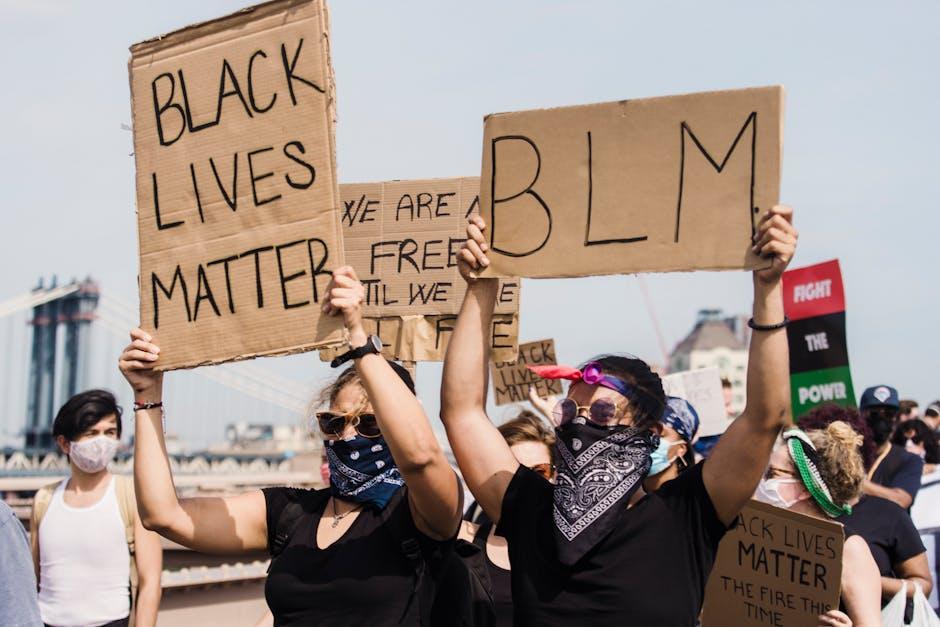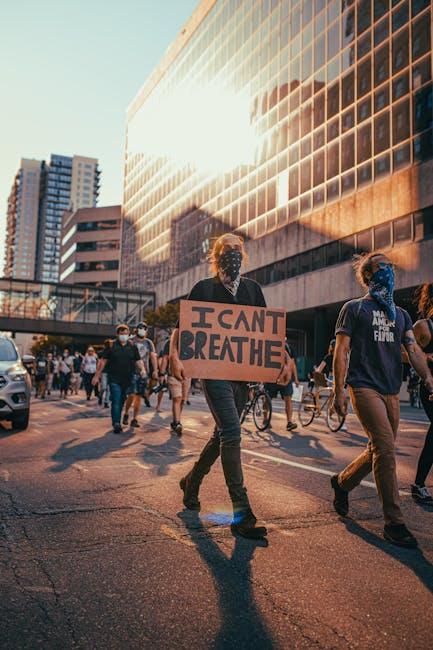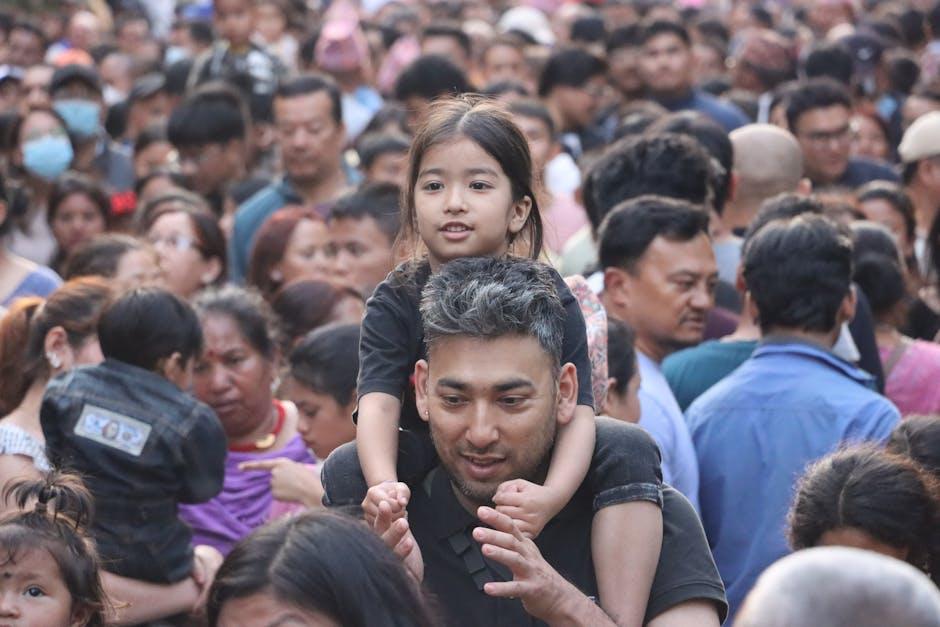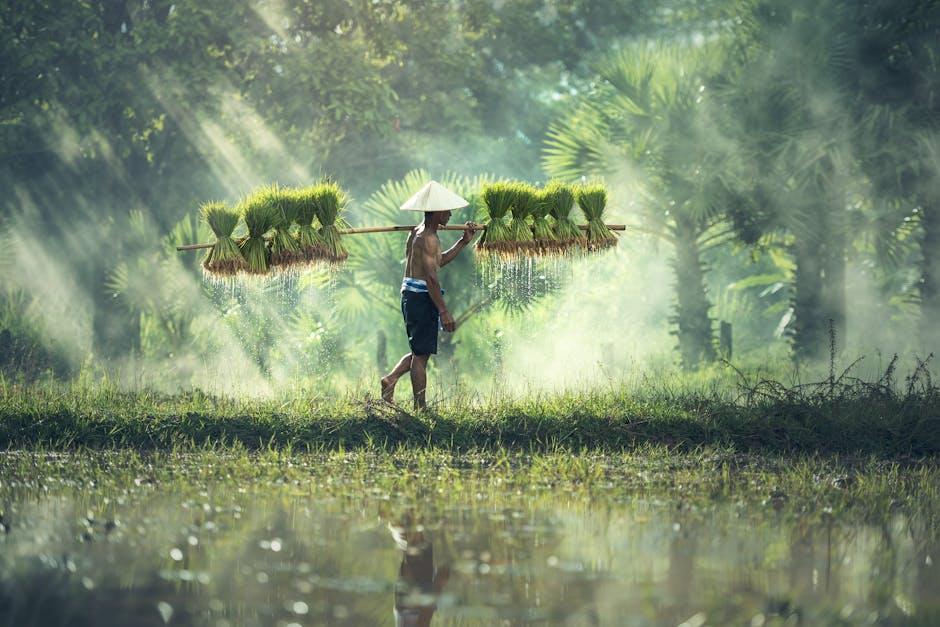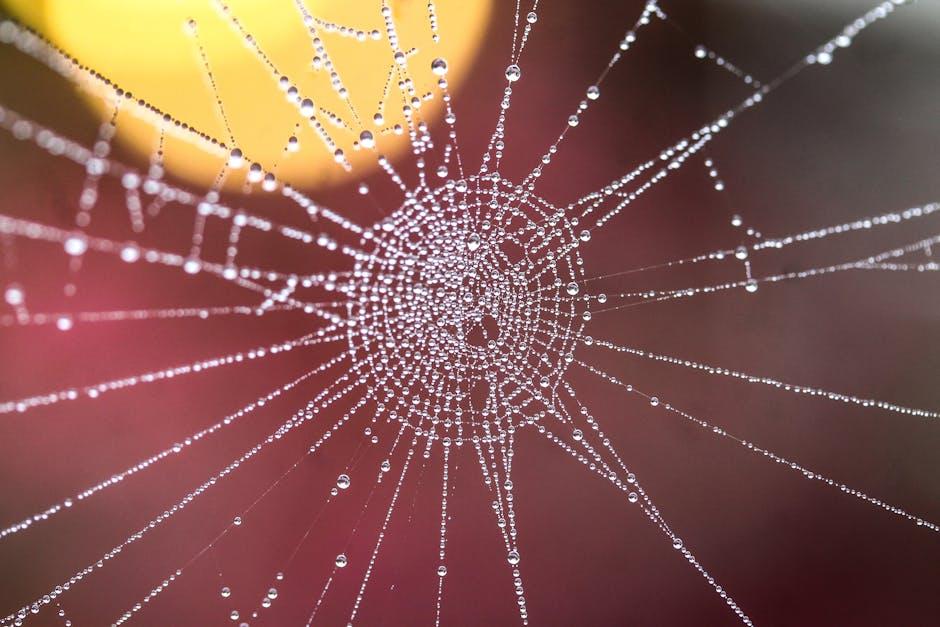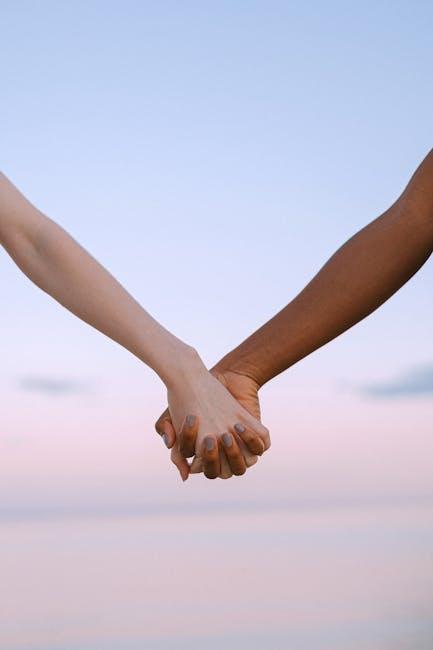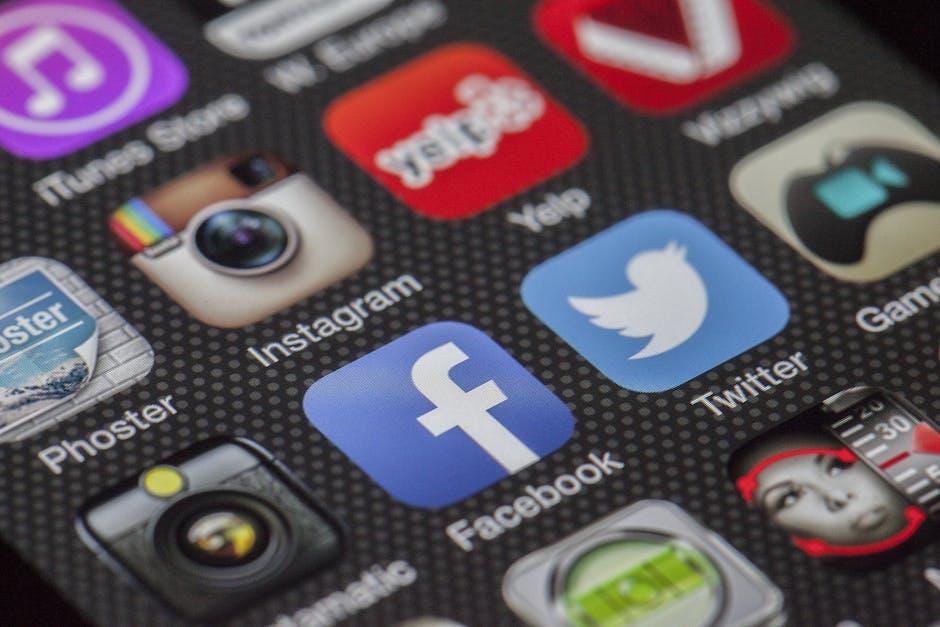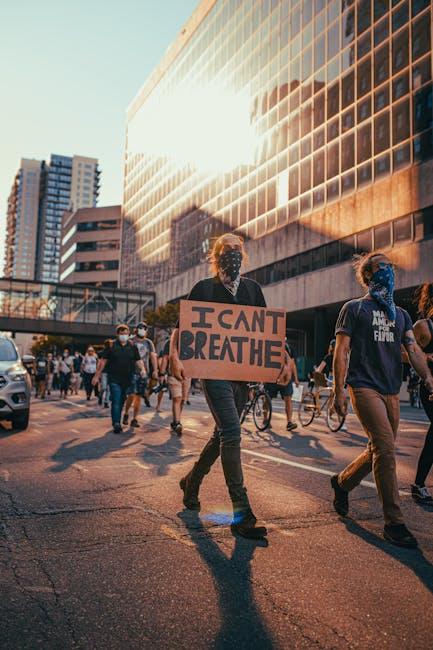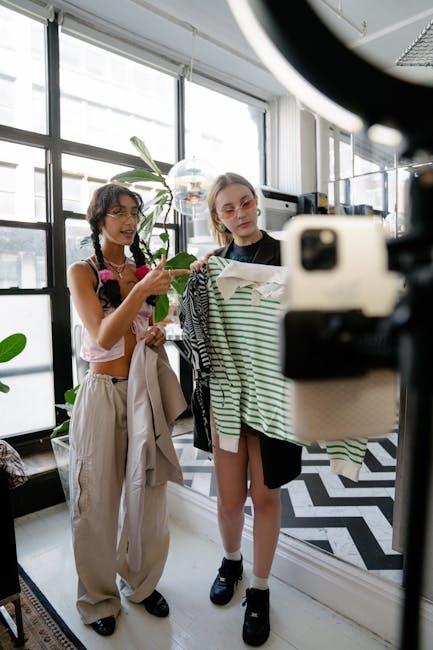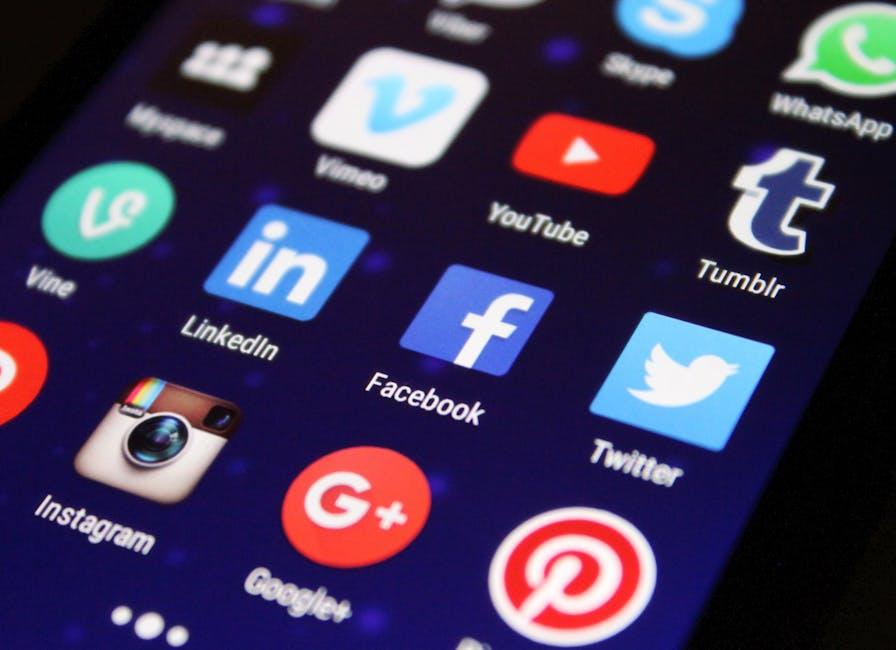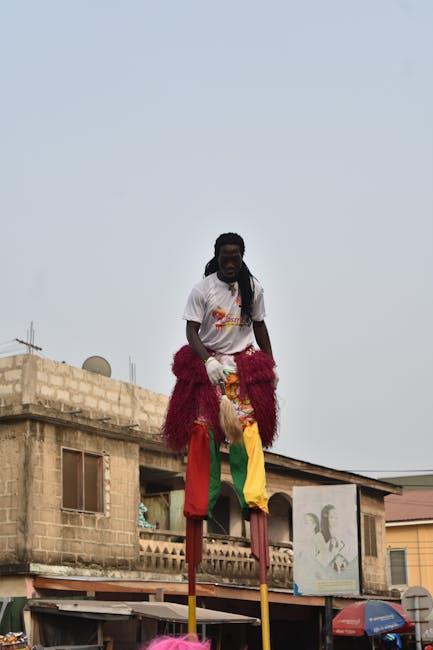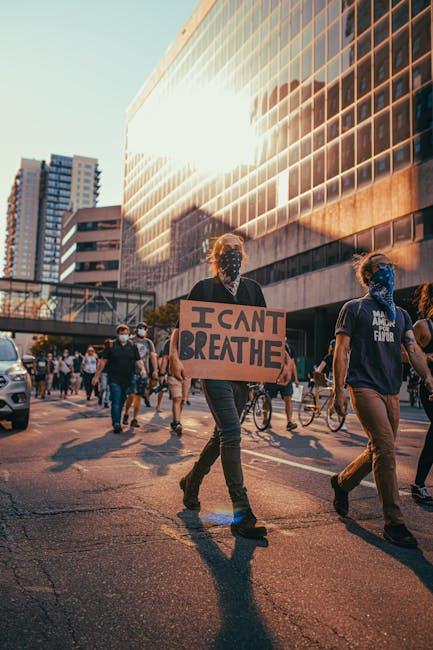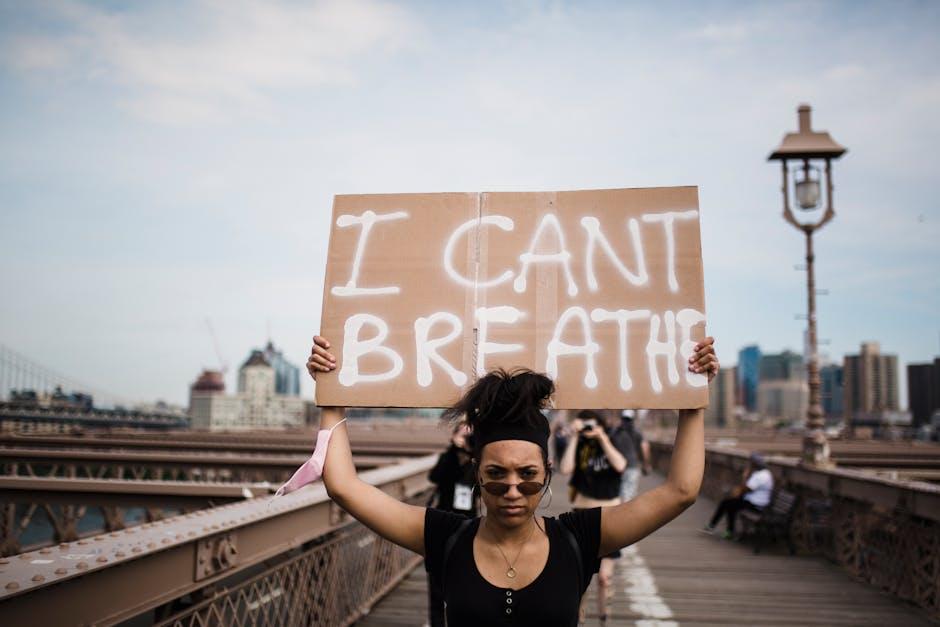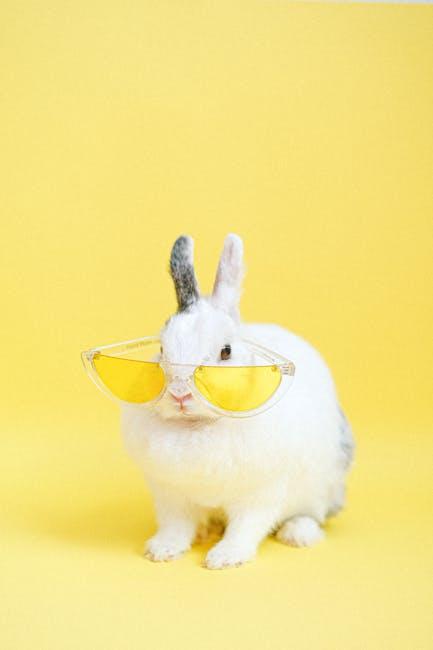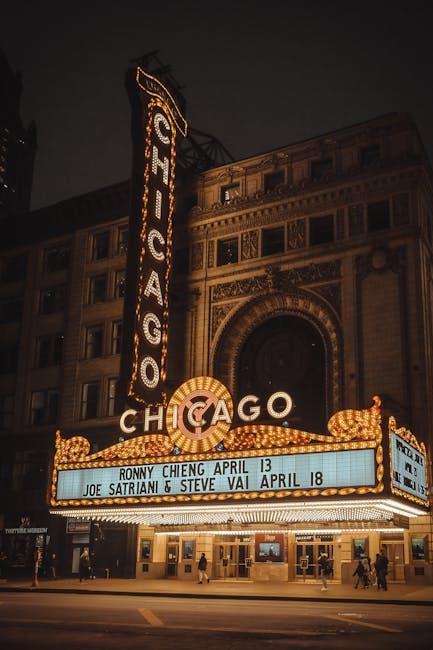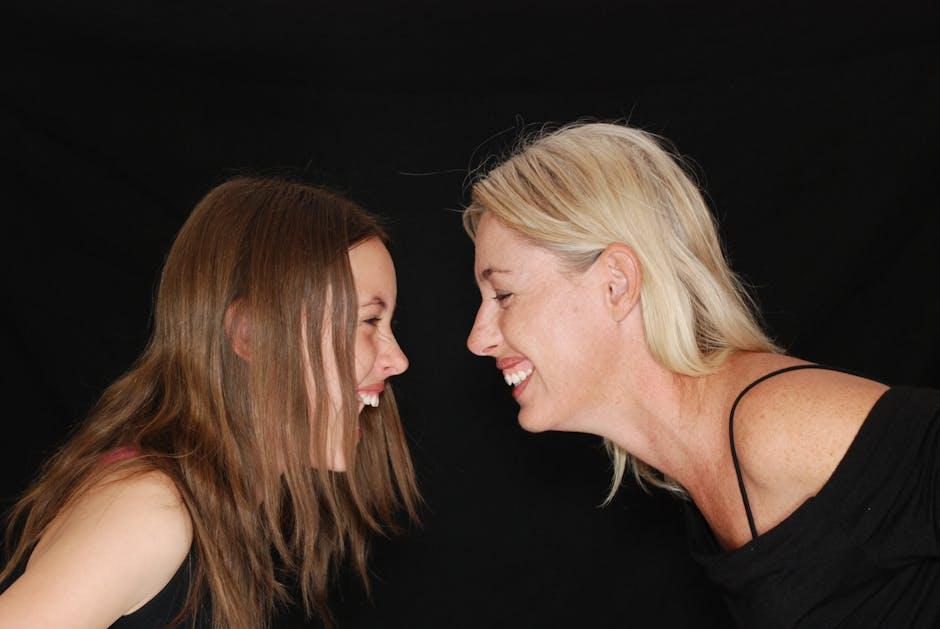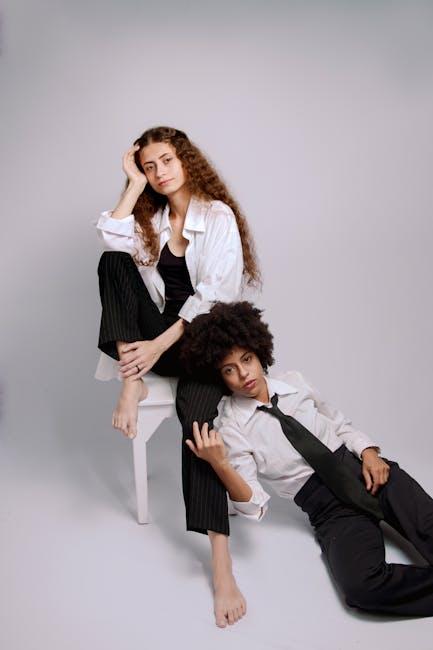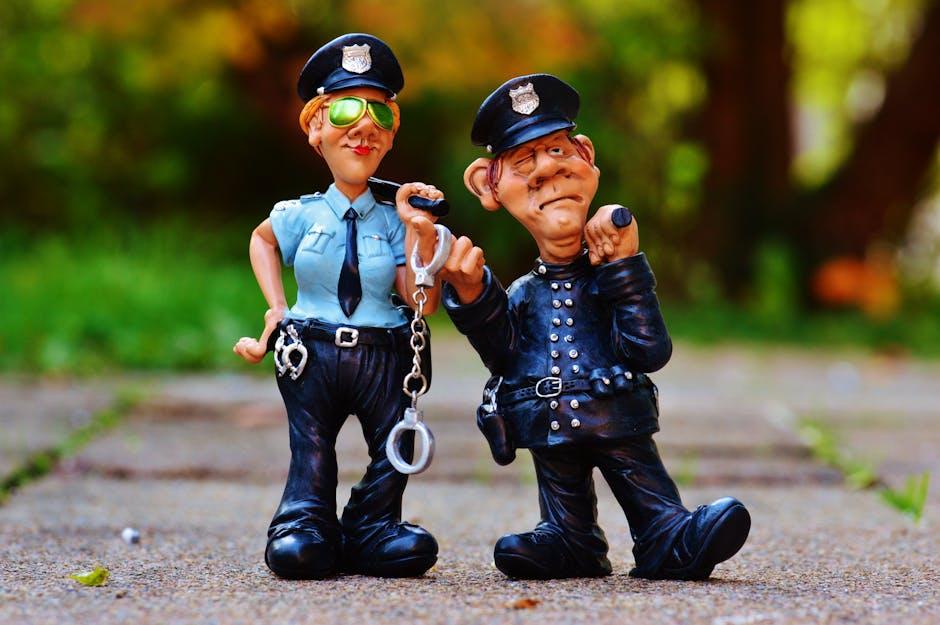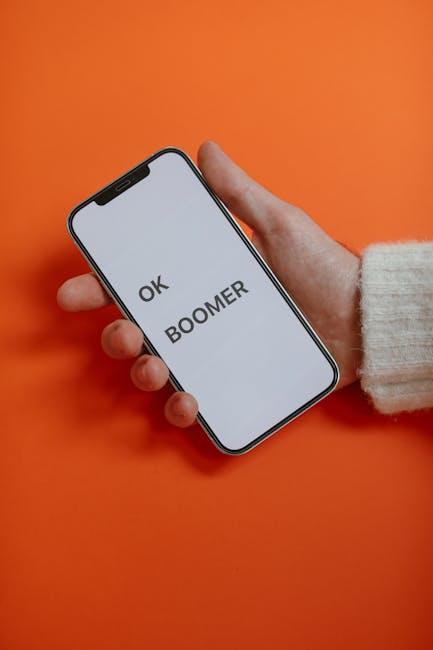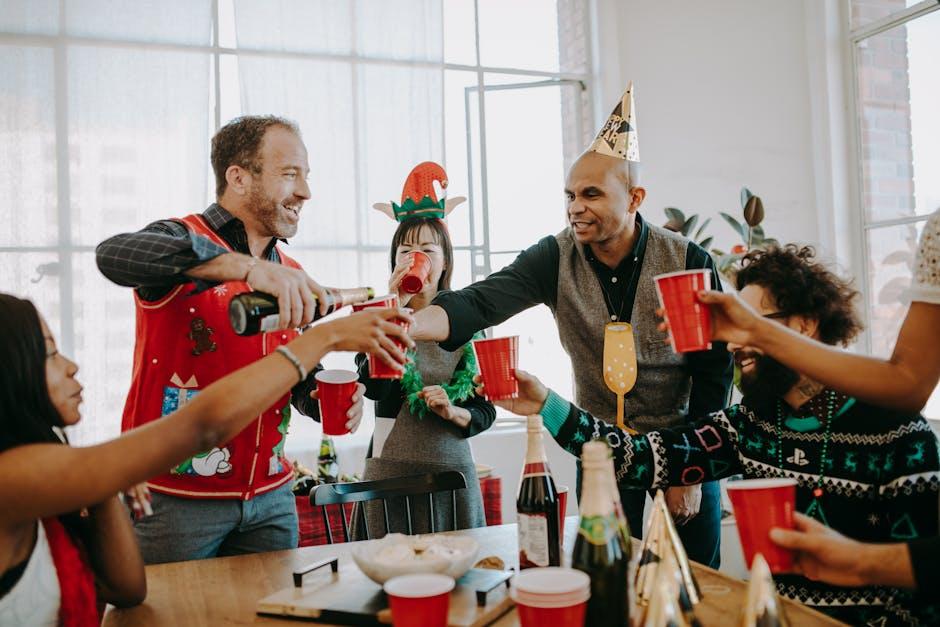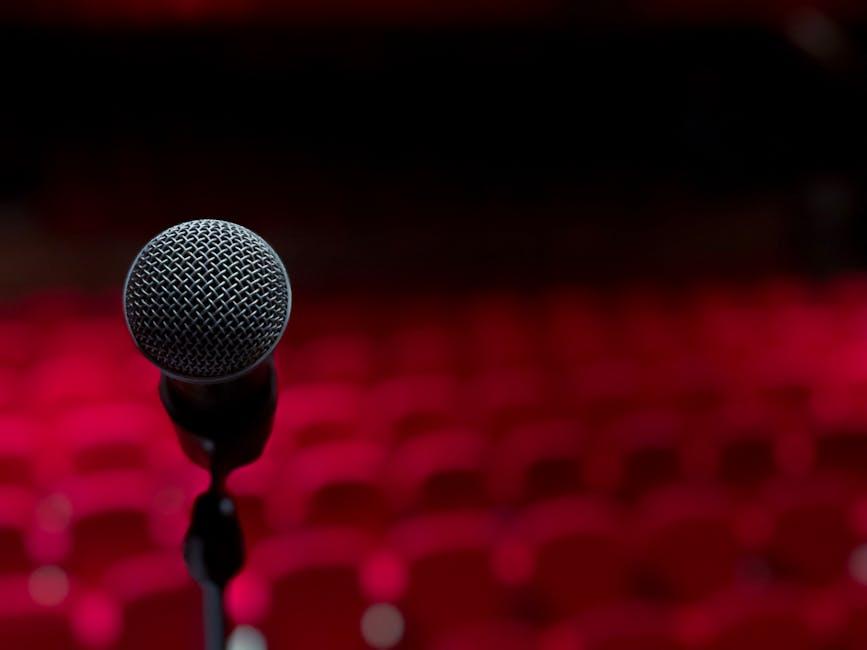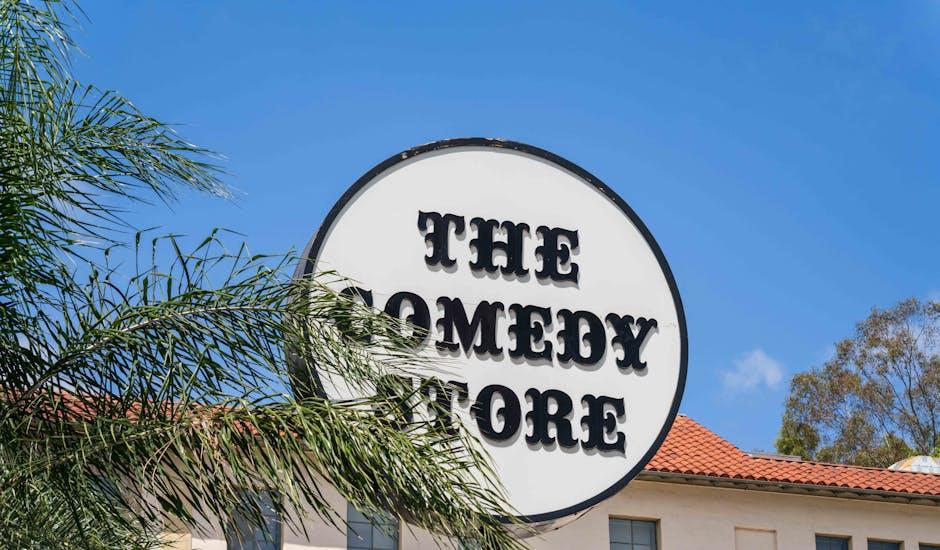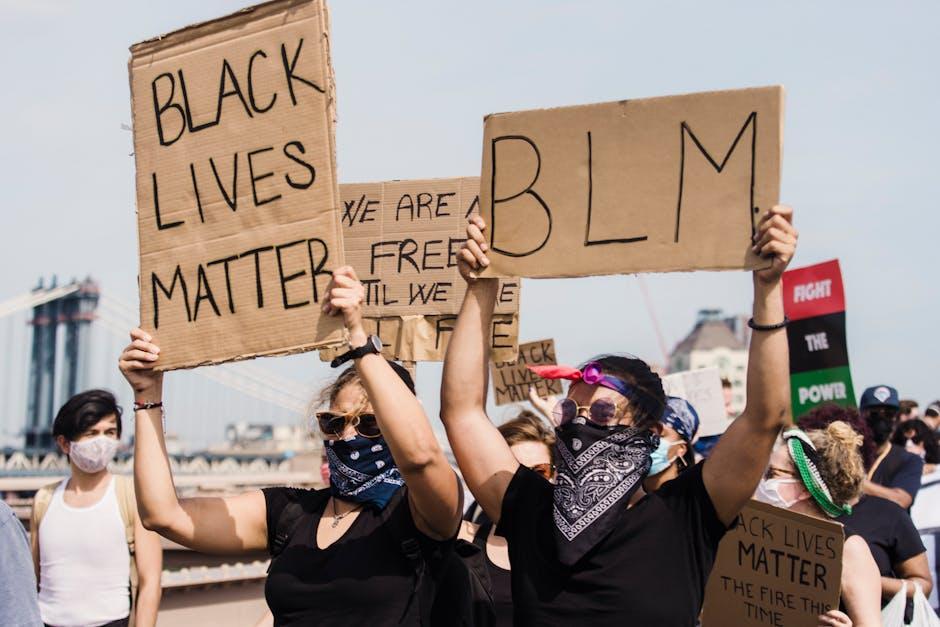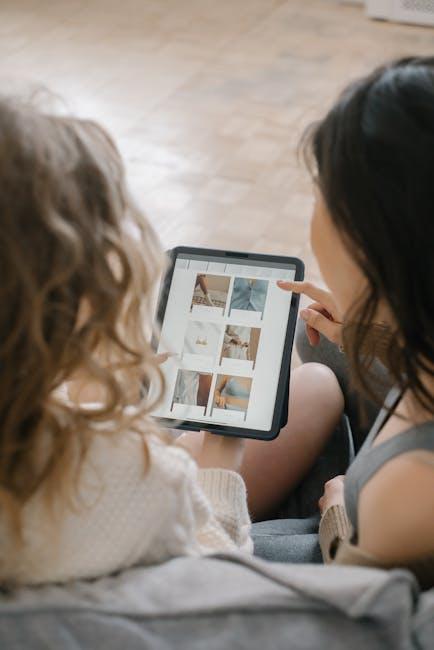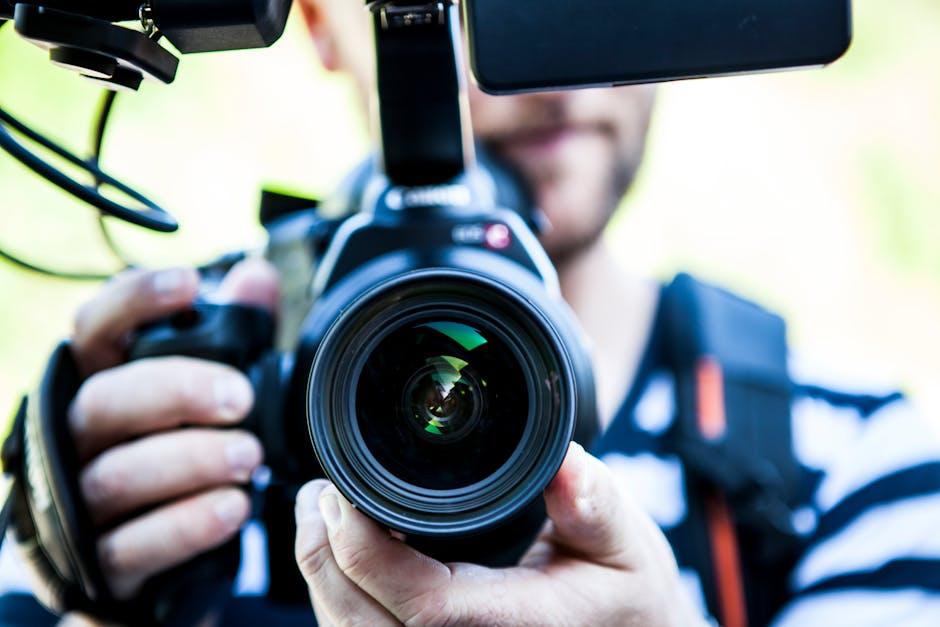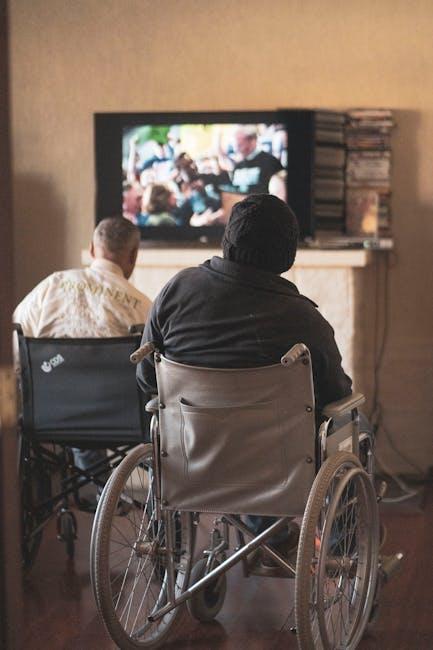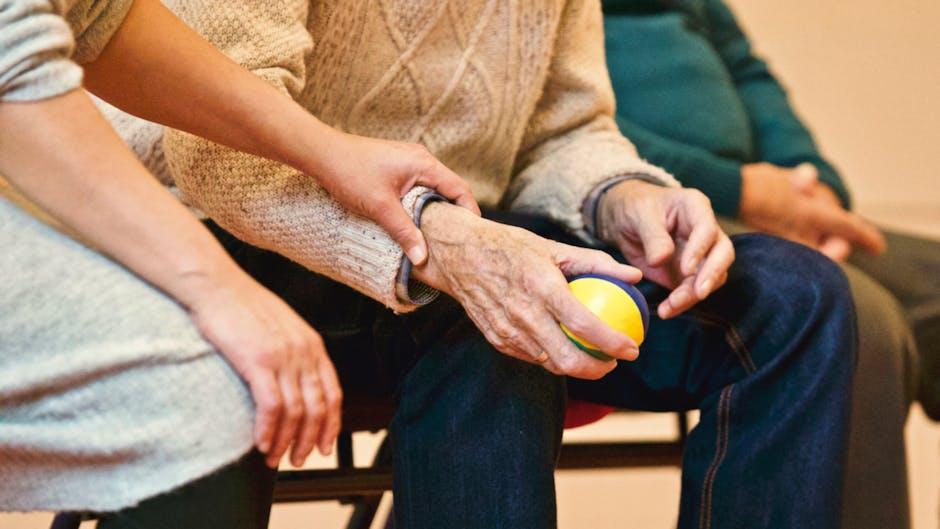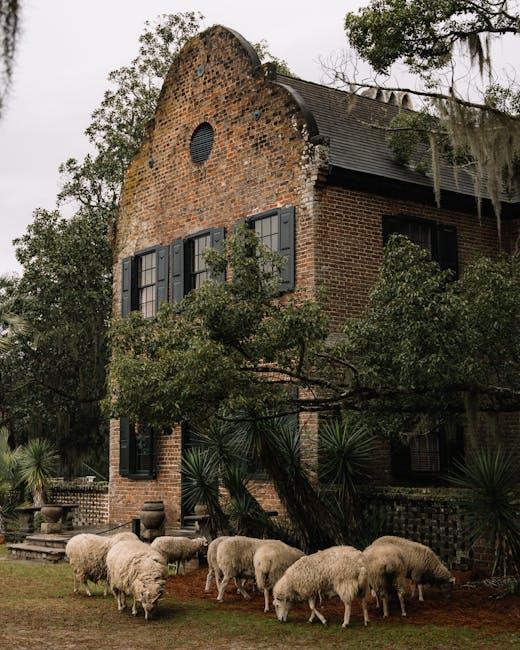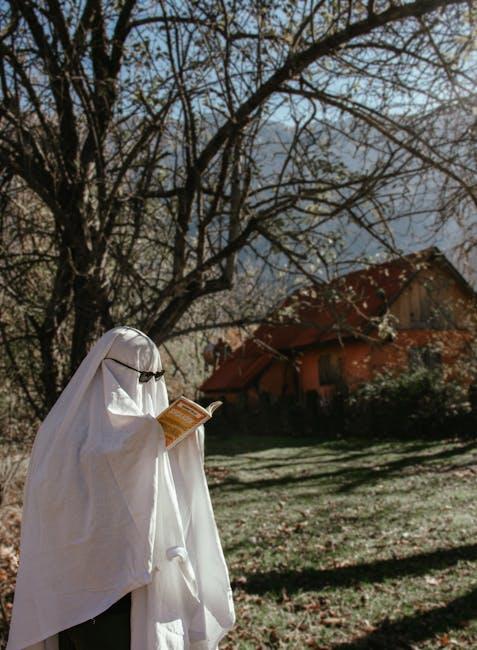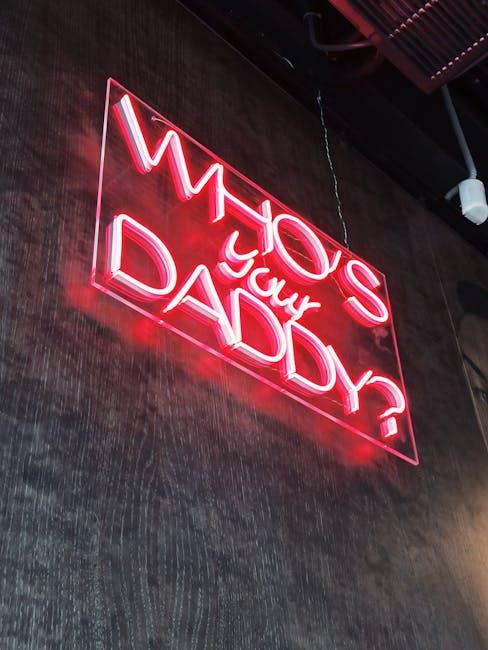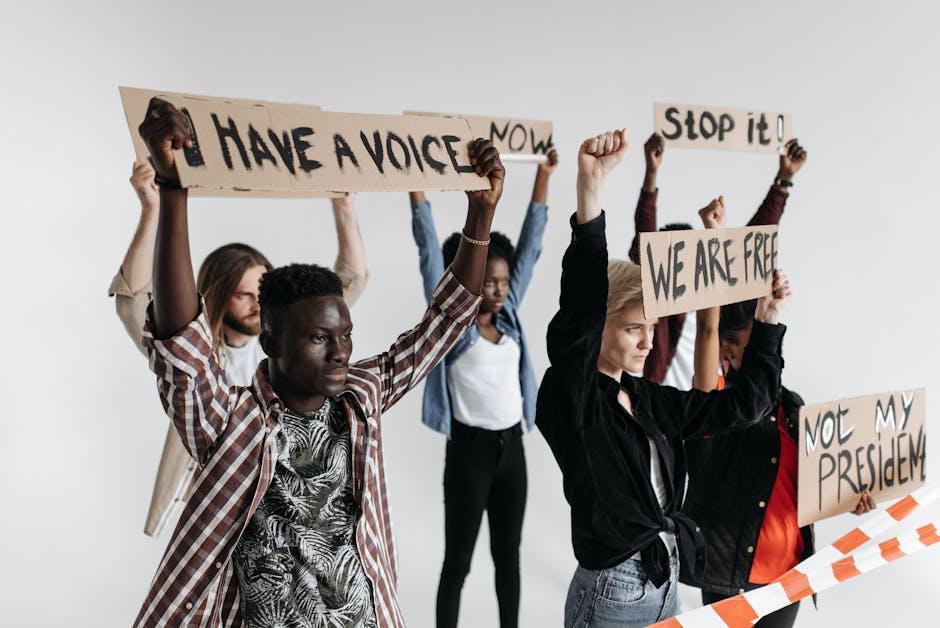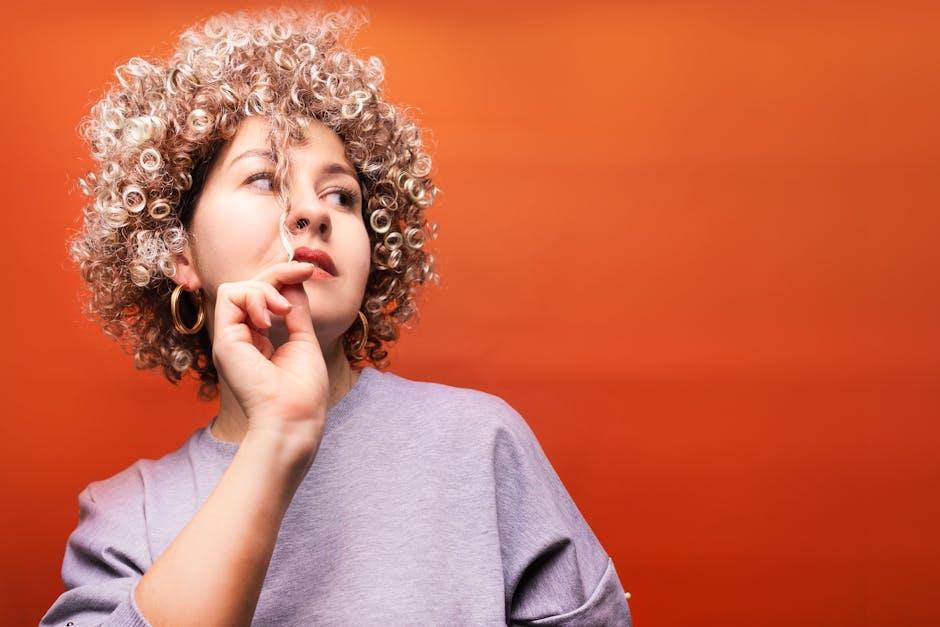In a world that often feels like it’s spinning out of control, humor has this uncanny ability to bring us back down to Earth—like a warm hug that makes everything a little less heavy. But when it comes to racism, the topic can feel like a minefield, right? We all know laughter can be a powerful tool for breaking down barriers and shining a light on uncomfortable truths. Yet, there’s a fine line between addressing serious issues with a comedic twist and perpetuating harmful stereotypes. So, should America embrace humor when tackling racism, or does that just open the floodgates for more division? Buckle up, because we’re diving into the tangled mess of laughter, satire, and the complexities of race in this great nation. Let’s explore how laughter can either tear us apart or bring us closer together.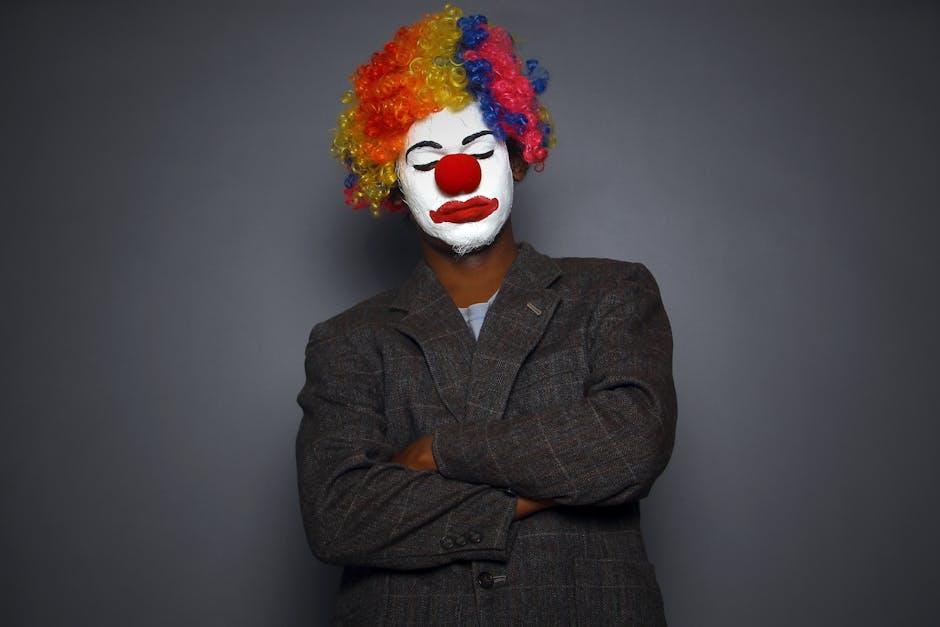
Understanding the Fine Line Between Humor and Harm in Comedy
Comedy has this amazing ability to dissect the human experience, right? But there’s a tricky balancing act when you step onto that tightrope of humor—especially regarding sensitive topics like race. One minute, you’re sharing a laugh with a diverse crowd, and the next, you could unintentionally cross a line, causing harm rather than joy. It’s crucial to understand the emotional weight certain jokes carry and who they might affect. When humor targets marginalized groups, the intent behind the punchline can get lost, turning laughter into backlash. Remember: it’s not just about making people chuckle; it’s about ensuring that no one feels belittled or alienated in the process.
Consider the dual nature of jokes. They can either be the glue that brings us together or the wedge that drives us apart. Here’s what to think about:
- Context Matters: Not every audience has the same background or sensitivities.
- Intent vs. Impact: You might mean well, but how does it land?
- Empathy is Key: Walking a mile in someone else’s shoes can shift your perspective on sensitive topics.
In comedy, as in life, being mindful of others’ experiences cultivates a more inclusive atmosphere. Instead of shying away from tough conversations, why not bring them into the light with respect and understanding? The best humor should uplift rather than diminish—making us laugh while fostering unity, not division.

The Role of Satire in Addressing Societal Issues
Satire is like a mirror, reflecting the absurdities of our world while often making us chuckle in the process. By employing humor, satirists can shine a light on the darker corners of society, confronting uncomfortable truths that might otherwise stay buried under the weight of political correctness. This comedic approach can provoke thought and spark debate about issues like racism, where laughter becomes a tool for healing and understanding. Think of humor as a bridge, connecting people across diverse backgrounds, allowing conversations to flourish in ways that would be stifled by serious discourse. By laughing at our shortcomings, we can dismantle prejudices and break down barriers, creating a path toward a more inclusive society.
Consider some of the ways satire can foster awareness and change:
- Encourages Discussion: Jokes about societal flaws can lead to deeper conversations about race and privilege, making it easier to address uncomfortable topics.
- Challenges Norms: Comedians often push boundaries, forcing audiences to question their beliefs and the status quo.
- Brings Perspective: Satirical takes on serious issues can help people see them from a different angle, revealing the ridiculousness in accepted narratives.
By continually engaging with satire, we allow ourselves not only to acknowledge the ridiculousness of racism but to dismantle it piece by piece, ushering in a future where laughter and understanding go hand-in-hand. So, let’s embrace the awkwardness of these conversations; after all, isn’t laughing at ourselves a step towards growth?
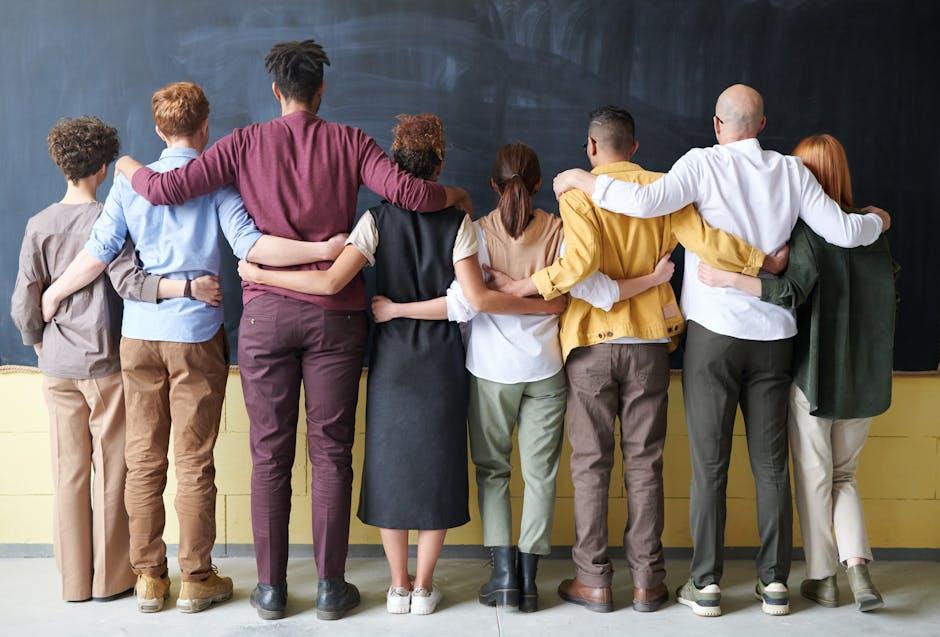
Embracing Diversity: Laughter as a Bridge, Not a Barrier
In a world that often feels divided, laughter serves as a universal language that transcends boundaries, connecting people from all walks of life. When we laugh together, even over our quirks and differences, we create a shared experience that cultivates understanding. It’s like seasoning in a dish; just as a sprinkle of salt can elevate flavors, humor can lighten the weight of serious conversations about race and culture. It can soften the edges of harsh realities and build unexpected bridges between communities. Imagine sitting in a room where stories of hardship are exchanged, but amidst them, there’s laughter sharing the air. This openness fosters empathy, turning potential barriers into pathways for connection.
Moreover, humor has the magical ability to reflect our shared human experience—our foibles, our struggles, and above all, our resilience. When we share a joke, we’re not just laughing at the punchline; we’re acknowledging that beneath our varying backgrounds, we face similar hurdles. Think about it: Who hasn’t tripped over their own feet in front of a crowd? It’s those moments of vulnerability that can unite us. Let’s create a space where laughter becomes an invitation for dialogue. When people from diverse backgrounds find common ground through laughter, it becomes easier to discuss tough topics like racism with openness and honesty. It’s not just about making jokes; it’s about making connections that help us grow together.
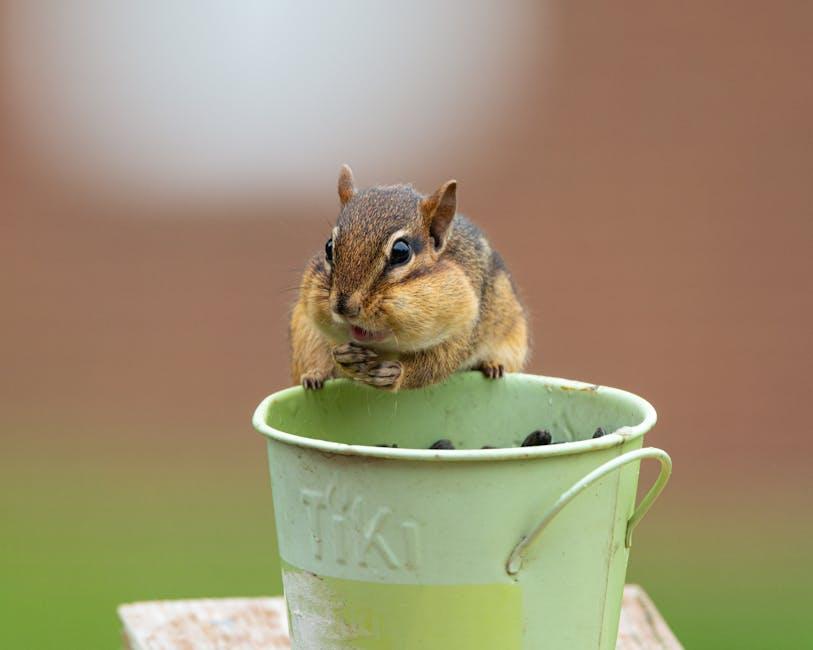
Cultivating a Culture of Respectful Humor: Steps Forward for Comedians and Audiences
We’ve all been in that situation where a comedian’s punchline had us laughing uncontrollably but left us thinking afterward—maybe that shouldn’t have been funny? Humor can walk a fine line, especially in a landscape that’s ever-evolving. Comedians can foster a culture where laughter is inclusive rather than divisive by stepping up their game. Think of it as a dance, where every movement shows respect to the audience as much as to the craft itself. A few key steps can make a world of difference:
- Know Your Audience: Read the room! Understand who you’re performing for and what sensitivities they might have.
- Diverse Perspectives: Collaborate with fellow comedians from different backgrounds to enrich your material.
- Feedback Loops: Encourage feedback from your audience. Sometimes, the best way to learn is to listen.
- Self-Reflection: Regularly evaluate your own material; ask yourself, “Does this serve to unify or divide?”
Meanwhile, audiences play a pivotal role, too! If a joke has you bristling, consider whether it’s just edgy or genuinely harmful. Imagine humor as a buffet—some dishes are just too spicy for your palate, while others hit the sweet spot. This shared responsibility nurtures an atmosphere where comedians can test boundaries while still caring for their audience. Let’s look at some key ways to foster this mutual cultivation:
| Action | Audience Role |
|---|---|
| Engage in thoughtful dialogue | Share your thoughts respectfully |
| Adjust material based on feedback | Voice concerns about sensitive topics |
| Support diverse comedians | Embrace varied perspectives in humor |
Key Takeaways
So, as we wrap up this exploration of laughing through the lens of racism, it’s clear that humor’s a double-edged sword. It can cut through heaviness and spark important conversations, but it can also backfire, deepening divides instead of bridging them. America stands at a crossroads. Do we hit the gas on conversations that use laughter to dismantle stereotypes, or do we slam the brakes and cower in awkward silence?
Ultimately, it’s about finding that balance. The world of comedy is a reflection of society—sometimes shining a light on our quirks and flaws, and other times, darkening the spaces we’d rather not face. So, let’s ponder: can laughter, with all its complexity, be a tool for healing rather than harm? The answer probably lies somewhere in the laughter we share, the stories we tell, and the empathy we nurture.
Let’s keep the dialogue going. After all, while humor can entertain, it can also enlighten. Here’s to laughing with the intent to learn and grow—because life’s too short for anything less.

